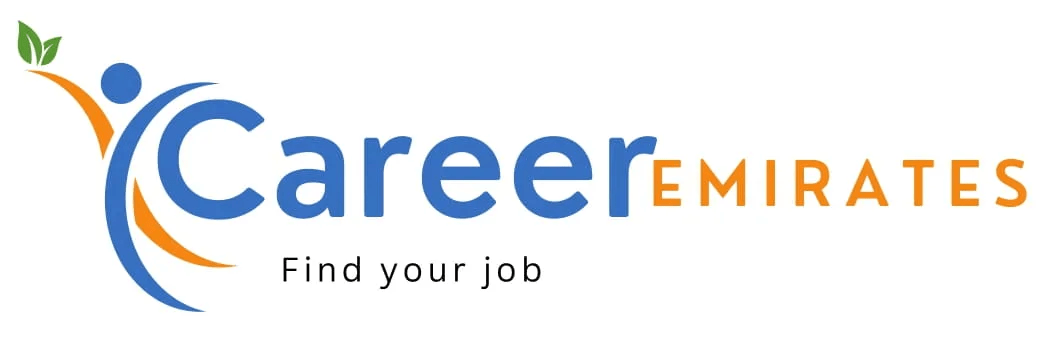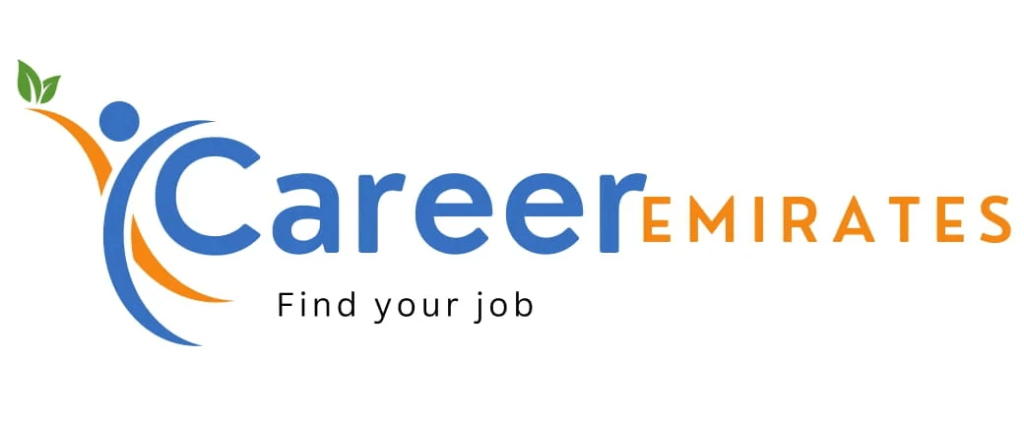ticog85838
About Company
Advancing Nursing Education Through Capella FlexPath and Specialized Assessments
Capella University’s FlexPath structure offers a groundbreaking way for nursing professionals to earn their degrees without being confined by rigid schedules. The FlexPath approach focuses on delivering education that adapts to individual pace and proficiency, making it highly suitable for working nurses aiming to further their qualifications. Unlike traditional programs, FlexPath gives learners full control over their academic journey, enabling them to complete assessments when they’re fully ready, not just when a deadline looms.
The key to FlexPath’s effectiveness lies in its assessment-centered format. Instead of conventional exams or participation grades, students are evaluated through in-depth assignments that reflect real-world nursing tasks. These include developing care plans, analyzing patient scenarios, or proposing healthcare improvements. This hands-on style nurtures practical knowledge and critical skills, aligning academic work with the responsibilities nurses face in their professional settings.
Additionally, FlexPath encourages continuous learning by offering the opportunity to revise and resubmit work based on personalized feedback. This cycle of improvement promotes a deeper grasp of course material and builds resilience and confidence. The capella flexpath assessments is built on the belief that mastery takes time and effort, allowing students to refine their work until it meets a high standard. It’s an approach that rewards learning, not just completion.
The support system offered within the FlexPath environment also contributes significantly to student success. Academic coaches, clear grading rubrics, and a library of resources provide direction and clarity throughout the program. This strong foundation helps learners avoid confusion, stay on track, and ultimately meet their academic and professional goals with greater ease.
MSN Writing Services play a crucial role for those pursuing a Master of Science in Nursing, particularly when it comes to managing the demands of academic writing. Graduate-level coursework in nursing often requires a strong command of research, structured argumentation, and academic formatting, all of which can be overwhelming for students returning to school after time in the workforce. These services step in to provide the guidance and expertise needed to navigate this terrain successfully.
What makes MSN Writing Services particularly valuable is their focus on nursing and healthcare subjects. The individuals behind these services often possess knowledge in medical writing, which allows them to understand both the content and context of nursing assignments. As a result, students receive support that’s accurate, relevant, and attuned to the expectations of their instructors and academic programs.
In addition to direct writing assistance, these MSN Writing Services often serve as teaching tools. By working with experienced editors or reviewing sample papers, students learn how to improve their writing technique, follow APA formatting rules, and use scholarly sources effectively. Over time, this knowledge boosts their confidence and enhances their ability to produce high-quality work independently.
Many students also find these services useful for managing their time more efficiently. With jobs, clinical responsibilities, and personal commitments, it’s not always possible to dedicate hours to perfecting a paper. MSN Writing Services help alleviate this pressure, allowing students to maintain their academic performance without sacrificing the other areas of their lives. It’s a support system that helps keep everything in balance.
NURS FPX 4045 Assessment 4 focuses on the essential skill of care coordination, a responsibility that nurses frequently manage in diverse healthcare settings. This assessment calls on students to design a comprehensive plan that addresses a patient’s complex medical and social needs, all while ensuring cooperation among various healthcare professionals. It’s a scenario that mirrors the interdisciplinary nature of modern healthcare.
The care coordination plan must reflect a deep understanding of the patient’s entire situation, from physical health to social factors like housing, financial limitations, or support systems. By accounting for these broader influences, students learn how to deliver holistic care that treats the person, not just the symptoms. This promotes empathy, patient advocacy, and more equitable outcomes.
A key component of this assignment is integrating evidence-based practices into the care plan. Students must justify their recommendations using credible clinical research, ensuring that every aspect of the plan aligns with current standards of care. This requirement sharpens research skills and encourages students to stay informed about the latest healthcare developments that could affect patient management.
Communication strategies are also vital to the success of the coordination plan. The nurs fpx 4045 assessment 4 requires students to define how information will be exchanged among care team members and with the patient. This aspect underscores the importance of collaboration and highlights the nurse’s role in ensuring smooth transitions, clear documentation, and continuous care across disciplines.
NURS FPX 4055 Assessment 2 gives students the opportunity to identify a real or potential issue within a healthcare setting that poses a risk to patient safety or treatment effectiveness. This task mirrors what nurses do daily—observing, assessing, and acting to resolve challenges before they escalate. It empowers learners to think critically about their environment and propose changes that can lead to safer practices.
The assessment typically begins with a detailed analysis of the chosen issue. Whether the problem is a common one like missed medication doses or more complex like gaps in infection control, students are asked to look beneath the surface and identify underlying causes. This deep dive encourages thorough evaluation rather than quick fixes and prepares students to think like problem-solvers.
After diagnosing the issue, students must propose a solution that is both practical and grounded in research. This part of the task is where their understanding of evidence-based practice is put to the test. They must identify interventions supported by literature, show how the intervention would work in their specific setting, and demonstrate how it aligns with professional standards and organizational goals.
The final section of the nurs fpx 4055 assessment 2 focuses on implementation and evaluation. Students outline how the change will be rolled out, who will be responsible for each part, and how success will be measured. This step ties together leadership, planning, and analytical skills, all of which are essential for nurses in advanced practice roles. It reinforces the idea that change must be both intentional and measurable.
NURS FPX 4065 Assessment 1 introduces students to the core elements of quality improvement by guiding them through the early stages of identifying and responding to clinical inefficiencies. This foundational assignment encourages learners to examine their work environments with a critical eye, spotting opportunities for improvement that may otherwise be overlooked. It’s an exercise in awareness, initiative, and strategic thinking.
Students start by choosing a specific issue that affects patient care or staff workflow. Whether it’s inconsistent hand hygiene practices or lengthy wait times for test results, the chosen problem must be relevant and impactful. The selection process itself teaches students to prioritize issues based on potential outcomes and stakeholder interest, a key part of effective leadership in healthcare.
Next, students conduct research to find solutions that have been successfully applied in other contexts. They explore peer-reviewed articles, national guidelines, and case studies to gather evidence that supports their intervention plan. This research stage helps learners build familiarity with high-quality sources and encourages them to think like healthcare scientists seeking practical, tested answers.
Once the research is in place, students create an action plan tailored to their specific environment. This includes outlining steps, anticipating obstacles, and planning collaboration across departments or roles. This part of the nurs fpx 4065 assessment 1 fosters foresight and teamwork—two qualities that drive successful quality improvement initiatives in real-world healthcare settings.
To round out the assignment, students detail how they would evaluate the success of their proposed improvement. This involves defining clear benchmarks, monitoring progress, and considering how to adjust the plan if initial outcomes fall short. Through this process, students learn that quality improvement is an ongoing cycle, not a one-time event. They also gain valuable experience in measurement and accountability, which are central to advanced nursing practice.


